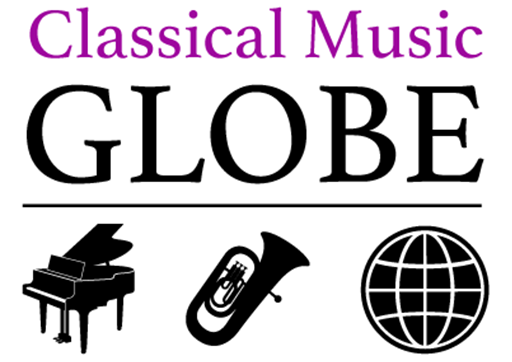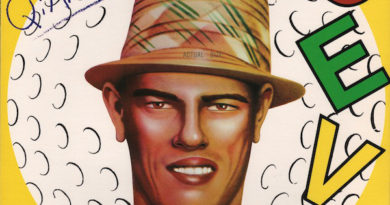A Postcard from the Edge
On Yoko Ono’s Warzone

Warzone is a wake-up call. It’s an album of caustic lullabies, a dire warning, a plea. It’s a stern talking-to, but one that’s underpinned with hope. It’s Yoko Ono telling us that for humanity’s sake — and the planet’s — we’d get our act together. Before it’s too late.
Yoko Ono’s had a music career that’s dazzled some, and baffled others. There was the proto-punk of Yoko Ono/Plastic Ono Band in 1970, the feminist anger of Approximately Infinite Universe in 1973, the foreboding of “Walking on Thin Ice” in 1980, the synth pop of Starpeace in 1985, the return to form on Rising in 1995. Then, under the sole name ONO, she enjoyed what some would’ve thought a most unlikely second career as a purveyor of dance music; since 2001, 12 remixes of her songs have topped the dance charts.
On Warzone, she revisits her back catalogue, and reinvents the songs, stripping them back to basics, with her voice more prominently in front. It’s not the famed warble that so energized and excited her husband, John Lennon, back in the day; this time, Ono wants you to really listen to what she’s saying (and a number of the performances are closer to recitations than singing).

The new works will be especially intriguing to those who know the original versions. Take the title track. In its original incarnation on Rising, it’s pummeling hard rock, matched with an equally fierce vocal. Conversely, the Warzone version opens with the sound of elephants trumpeting, accompanied by the rat-tat-tat of gunfire, with keyboards tapping out an ominous undercurrent. If the original version was inspired by Ono’s experiences of living in Japan during World War II (“Skin peeling/bones melting”), the lyrics have been updated to reflect new concerns (“Guy stealing zillions/gets away/While we knock each other/to make our day”). Some of the updates are minor, but telling. In “Where Do We Go From Here?” (also from Rising) the lines “Are we getting tired of blood and horror/Are we getting ready for God and terror?” have become the less hopeful “Are we getting ready for blood and horror/Are we getting ready for God and terror?”
What’s more striking are the sentiments of the songs that don’t need to be updated. “Hell In Paradise” captures a world on the verge of a breakdown (“Dancing on hot coal/Waiting for the last call/It’s Adam’s ball/Eve’s call”). “Now or Never” shames us for our apathy (“Are we gonna keep pretending things are all right?/Are we gonna keep our mouths closed, just in case?”). “Woman Power” (from Approximately Infinite Universe) is ready to go for the #MeToo generation.
Ono revisits her more optimistic songs as well. “I Love All of Me” (from Starpeace), is a defiant statement of self-affirmation. “I Love You Earth” (also from Starpeace) is heartfelt and sweet.

But it’s the cautionary tales that cut the deepest and resonate the strongest. There’s even a hint that we might already be past the point of no return. On “It’s Gonna Rain,” she doesn’t sound entirely unhappy about the prospect. There’s a nod to Ono’s trademark optimism:
You say life is a bowl of cherries
You give me a bowl of pits
The pits will grow into trees one day
I’m getting my cherries anyway
While at the same time, she promises “It’s gonna rain/like you’ve never seen before,” and then goes on to paint a picture of the apocalypse, with civilization sliding into the ocean. “It’s gonna raaaaain!” she sings at the end, prophesying doom. “It’s gonna raaaaain!”

Nonetheless, amidst the despair, there’s still room for hope in Ono’s world. This is the woman who, along with Lennon, thought up the brilliant slogan “War is over — if you want it.” She’s the one who told the world to “Imagine.” She was 38 when her husband’s signature song of the same name was released in 1971; now she’s 85. Her voice is weathered with age and experience. It makes her own performance of “Imagine” quite poignant. It’s always been an anthem of hope, but here there’s a new urgency, an intensity, that’s not present in Lennon’s dreamier version. To be sure, change is still possible; what path we take in the future rests with us. But time is running out.




